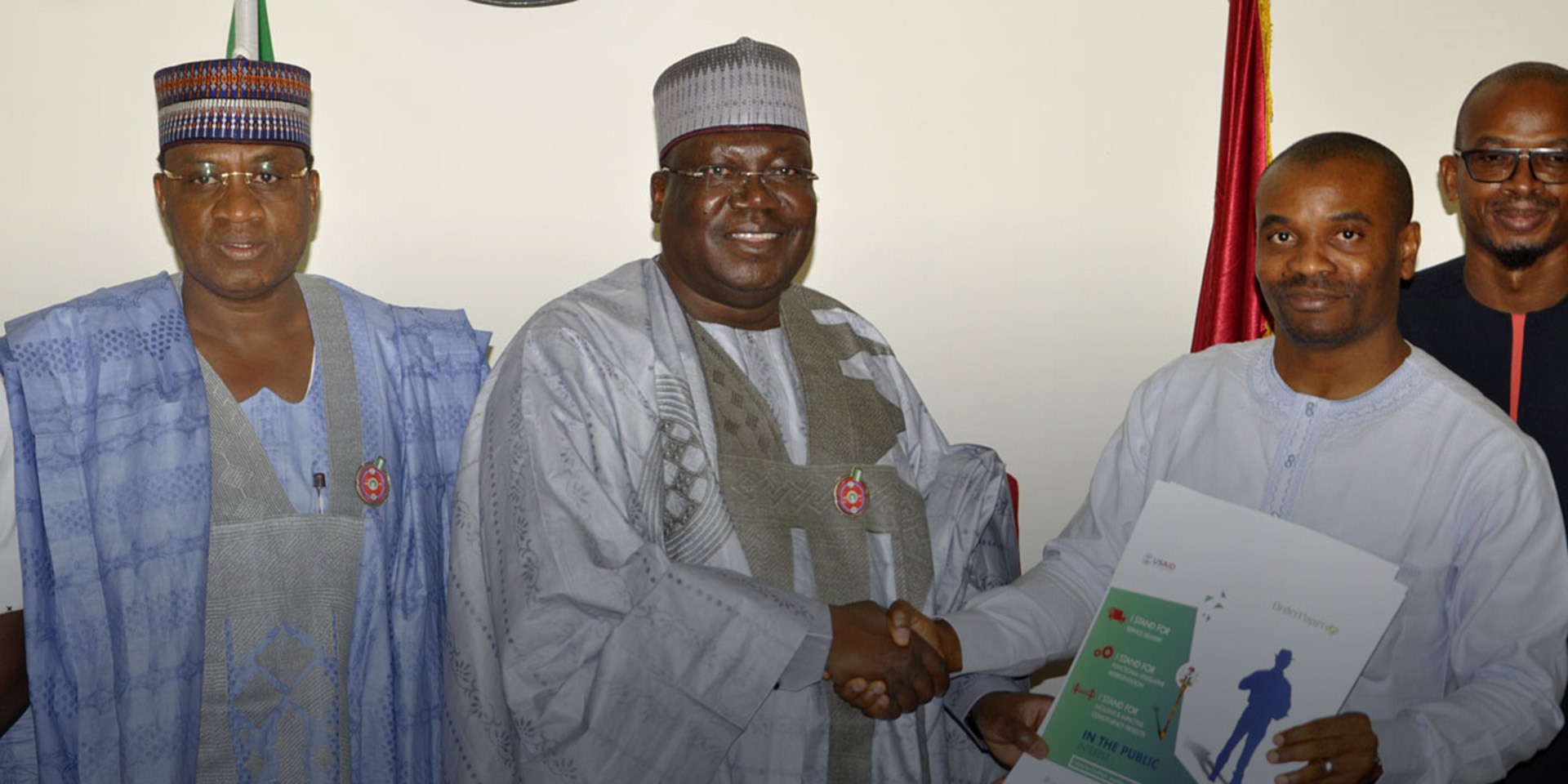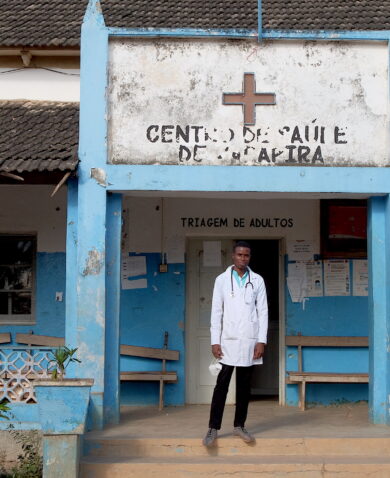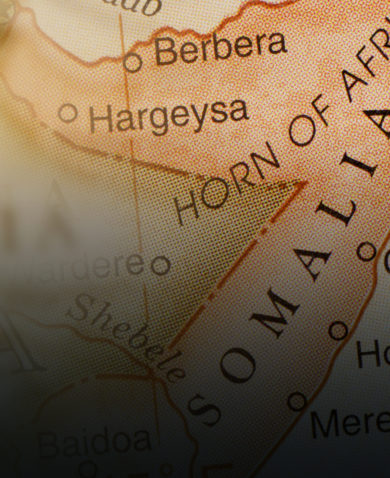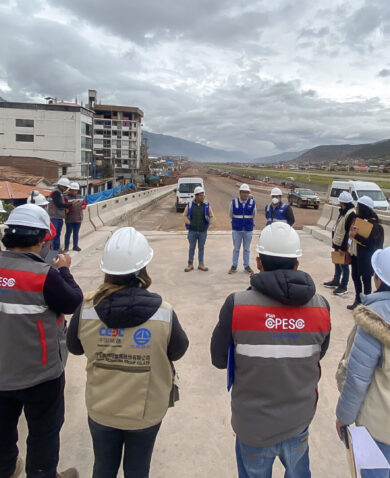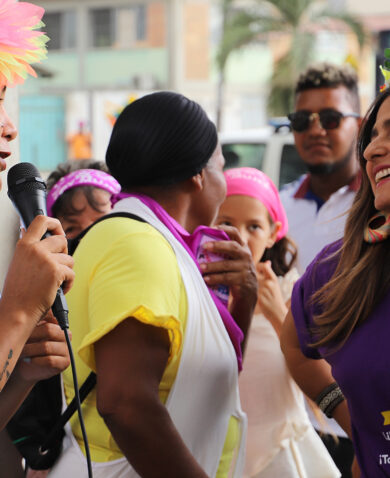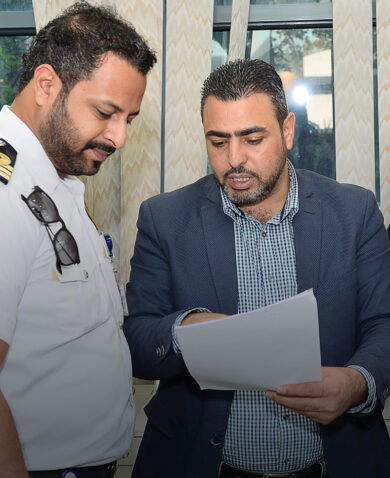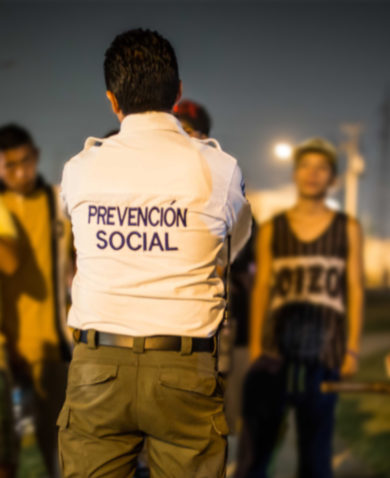The challenges with constituency projects are further exacerbated by the absence of legislation to regulate the scheme at the federal level and in 35 states of the country. Only Lagos State currently has an enabling law for constituency projects, although the National Assembly is currently considering a bill on it. The vicious circle of corruption in the constituency projects scheme is a reflection of the questionable opacity surrounding the finances and budget of the legislature, which gave rise among others to the call for an open National Assembly using the hashtag #OpenNASS.
It is against this background that Order Paper NG, a grantee of the USAID Strengthening Advocacy and Civic Engagement (SACE) project, launched ConsTrack a constituency project tracking platform and mechanism which builds the capacity of communities and agencies to serve as constituency projects trackers and monitors. By doing so, we hope to influence the establishment of clear enabling legislation; reduce corruption, wastage, duplication, and abandonment of projects; and align projects more closely with the need of the people.
ConsTrack is a mobile app which aims to trigger and sustain citizens’ interest, engagement, and participation in constituency projects across the country by being a verifiable, viable, and versatile authentication platform. ConsTrack is still at its developing stage and will be piloted in 3 states in Nigeria. Information on the status of constituency projects in communities will be uploaded on the platform by ConsTrack monitors within communities. The information is verified independently by community members and shared with legislators and other stakeholders. It is an evidence- and data-gathering platform for all stakeholders to verify the status of projects beyond contractor or the awardee reports.

